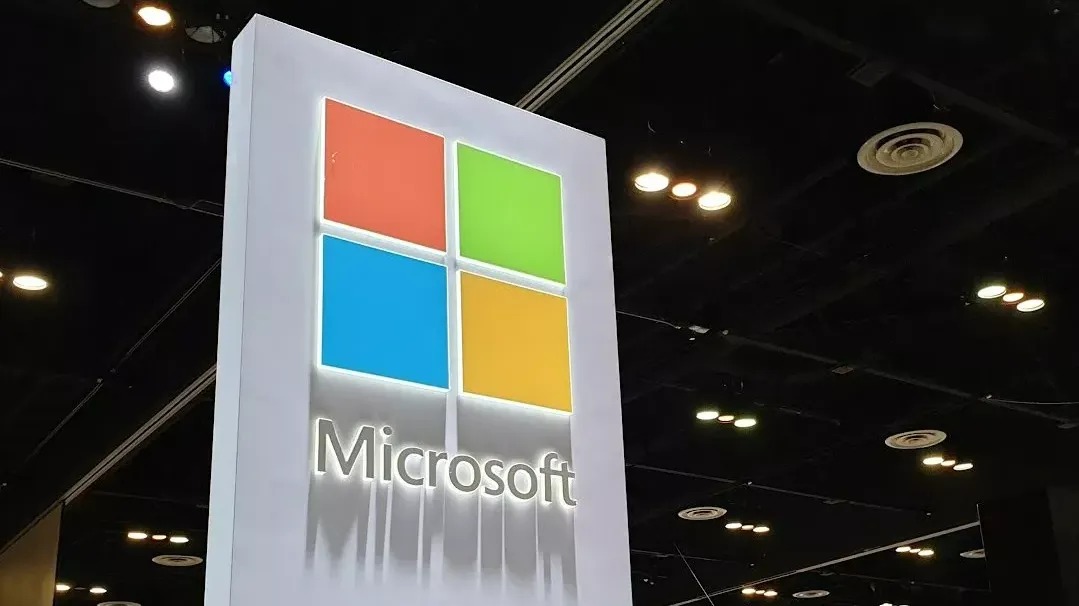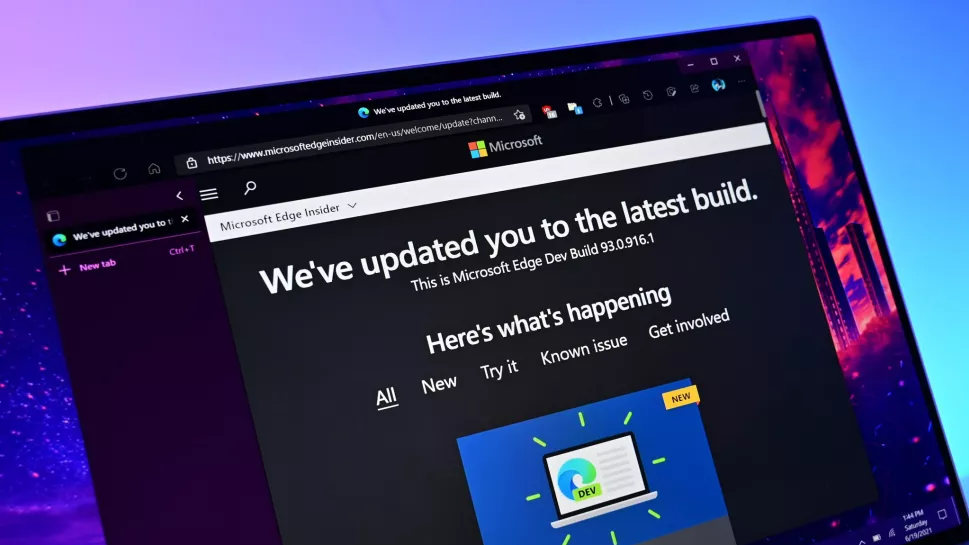Microsoft moves to block Israeli military from using some Azure cloud and AI services
After months of protests and reporting, Microsoft will now block the Israeli military from using some of its services.

All the latest news, reviews, and guides for Windows and Xbox diehards.
You are now subscribed
Your newsletter sign-up was successful
Microsoft's vice chairman and president has Brad Smith shared an internal memo sent to employees this morning that confirms the company is moving to block the Israel Ministry of Defense (IMOD) from using some of its cloud AI and Azure services.
The Guardian had originally reported that the Israeli government was using Microsoft's services to store data and recordings of calls from Palestinians. Microsoft has now admitted that it has found "elements" of The Guardian's report to be true and is now moving to disable specific IMOD subscriptions and services.
"We have found evidence that supports elements of The Guardian’s reporting. This evidence includes information relating to IMOD consumption of Azure storage capacity in the Netherlands and the use of AI services." says Brad Smith. "We therefore have informed IMOD of Microsoft’s decision to cease and disable specified IMOD subscriptions and their services, including their use of specific cloud storage and AI services and technologies."
Smith also reminds Microsoft employees that the company does not build technology to be used for mass surveillance of civilians in any country. "We do not provide technology to facilitate mass surveillance of civilians. We have applied this principle in every country around the world, and we have insisted on it repeatedly for more than two decades."
Microsoft says that its internal review regarding the report from The Guardian is still ongoing, and that it will share more with employees about the results of the review in the coming weeks. "I want to note our appreciation for the reporting of The Guardian. Its reports were based in part on sources outside Microsoft that had information we could not access in light of our customer privacy commitments. This helped inform our review," Smith claims.
Microsoft employees across the world have stood up in protest against the use of Microsoft technology in the war between Israel and Palestine. The "No Azure for Apartheid" group have protested at events such as Build 2025 and during its 50th anniversary livestream, and five employees have been fired in connection to the protests.
You can read the full memo below:
All the latest news, reviews, and guides for Windows and Xbox diehards.
I want to let you know that Microsoft has ceased and disabled a set of services to a unit within the Israel Ministry of Defense (IMOD). I know many of you care about this topic, and I share more about this decision below.
Let me first provide some context. As I’ve said to you in recent weeks, Microsoft is not a government or a country. We are a company. Like every company, we decide what products and services to offer to our customers.
As we publicly announced on August 15, we decided to undertake a review of allegations that appeared in an article published on August 6 by The Guardian about a unit of the Israel Defense Forces (IDF). As we explained at that time, The Guardian article reported that “multiple individuals have asserted that the IDF is using Azure for the storage of data files of phone calls obtained through broad or mass surveillance of civilians in Gaza and the West Bank.”
We have reviewed The Guardian’s allegations based on two principles, both grounded in Microsoft’s longstanding protection of privacy as a fundamental right. As employees, we all have a shared interest in privacy protection, given the business value it creates by ensuring our customers can rely on our services with rock solid trust.
First, we do not provide technology to facilitate mass surveillance of civilians. We have applied this principle in every country around the world, and we have insisted on it repeatedly for more than two decades. This is why we explained publicly on August 15 that Microsoft’s standard terms of service prohibit the use of our technology for mass surveillance of civilians.
Second, we respect and protect the privacy rights of our customers. This means, among other things, that we do not access our customers’ content in this type of investigation.
Since August 15, we have pursued this review by respecting both these principles, as well as the company’s policies, contracts, and customer commitments. At no point has Microsoft accessed IMOD’s customer content. Rather, the review has focused on Microsoft’s own business records, including financial statements, internal documents, and email and messaging communications, among other records.
While our review is ongoing, we have found evidence that supports elements of The Guardian’s reporting. This evidence includes information relating to IMOD consumption of Azure storage capacity in the Netherlands and the use of AI services.
We therefore have informed IMOD of Microsoft’s decision to cease and disable specified IMOD subscriptions and their services, including their use of specific cloud storage and AI services and technologies. We have reviewed this decision with IMOD and the steps we are taking to ensure compliance with our terms of service, focused on ensuring our services are not used for mass surveillance of civilians.
As I said at our recent employee townhall, this does not impact the important work that Microsoft continues to do to protect the cybersecurity of Israel and other countries in the Middle East, including under the Abraham Accords.
I want to note our appreciation for the reporting of The Guardian. Its reports were based in part on sources outside Microsoft that had information we could not access in light of our customer privacy commitments. This helped inform our review.
I appreciate that many of you will have additional questions. Our review is ongoing. I’ll share more information in the coming days and weeks, when it’s appropriate to do so, including lessons learned from this review and how we will apply those lessons as we go forward.
Microsoft will continue to be a company guided by principles and ethics. We will hold every decision, statement, and action to this standard. This is non-negotiable.
Brad
via The Verge

Follow Windows Central on Google News to keep our latest news, insights, and features at the top of your feeds!

You must confirm your public display name before commenting
Please logout and then login again, you will then be prompted to enter your display name.
